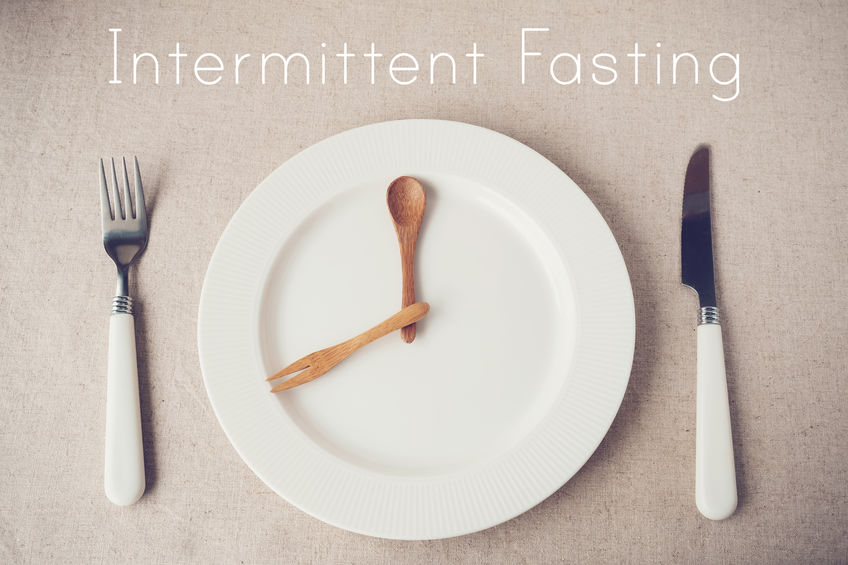Intermittent fasting diets are one of the most popular weight loss diets. There are several types of intermittent fasting diets, but most involve either limiting food intake to just an 8-hour window or not eating for two days a week.
Fasting may be more than just fad. Are celebrities promoting the lifestyle, like Kourtney Kardashian and Jennifer Aniston, onto something?
Some studies and clinical trials have shown the eating regimen has “broad-spectrum benefits” for health problems including obesity, diabetes, heart disease, cancer and neurologic disorders.
Now there is evidence that the intermittent fasting diet may also add years to your life.
What an Intermittent Fasting Advocate Says About Health Benefits
Professor Mark Mattson believes information about this diet should be added to the standard advice about healthy diets and exercise.
Professor Mark Mattson is a neuroscientist who has studied the effects of the diet for over two decades. He says he has been practicing this diet for 20 years. He is a big proponent of the health effects of the diet.
According to Mattson:
· The powerful health effects appear to come from the body flipping a “metabolic switch” during fasting.
· He suggests that this switch shifts the body away from using sugar as its main source of energy and instead converting fat for fuel when a person’s stomach is empty.
- Mattson believes that the benefits of this type of eating pattern are so remarkable that “We are at a transition point where we could soon consider adding information about intermittent fasting to medical school curricula alongside standard advice about healthy diets and exercise.”
New Study Purports to Show that Fasting Can Increase Longevity
Matteson’s latest research, conducted at Johns Hopkins University shows that this diet may help the body improve its metabolism. While many people use the diet simply to lose weight, there might be added benefits.
The findings, which were published in the New England Journal of Medicine, show that fasting can trigger “metabolic switching,” and evolutionary adaption.
Other studies show that aside from helping with metabolism, fasting has also been linked with decreased blood pressure, cholesterol and resting heart rates. It may also help control blood sugar levels, increase resistance to stress and suppress inflammation.
The Downsides of Intermittent Fasting
Even Professor Mattson acknowledges that intermittent fasting has its downside as well. “Patients should be advised that feeling hungry and irritable is common initially and usually passes after two weeks to a month as the body and brain become accustomed to the new habit.”
As a Certified Nutritionist, my primary reservation about the intermittent fasting diet is that it is not a lifestyle. Despite whatever benefits it may or may not have, including weight loss, hardly anyone will be able to adhere to this diet for any sustained period of time. I would say that Professor Mattson may be the rare exception.
Click here to read about the benefits of the intermittent fasting diet.







